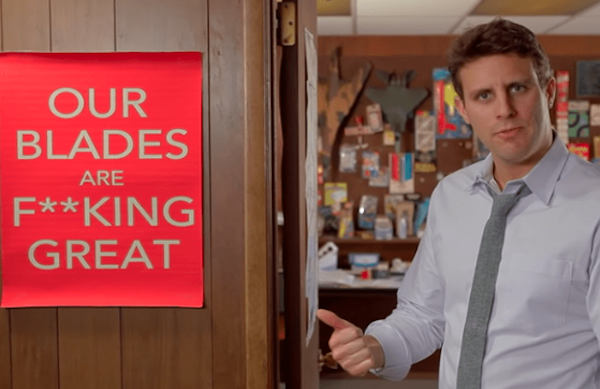Is Selling Out to Giant Corporations the Only Way to Succeed Now?

This Baffler review titled “Barons of Crap”, of a book about the wave of direct-to-consumer internet brands we now see everywhere, does a satisfying job ripping this trend to shreds:
Even the central narrative tension of Billion Dollar Brand Club––small upstarts take on the giants––sloughs off in a depressingly quick denouement… In fact, almost every single brand sells itself to a gigantic globe-swaddling corporation over the course of the book.
And Billion Dollar Brand Club contains almost zero analysis of what the ubiquity of this selling out could possibly mean. But the lesson is right there, whether he wants to see it or not. Corporations––who today plow record-breaking sums into stock-buybacks instead of research and development––have outsourced innovation to the wealthy or wealthy-adjacent who have the time and resources to get the ideas off the ground on their own: a squad of elite MBAs who come up with the ideas, and the venture capitalists who choose which of these ideas get funded. The businesses that Ingrassia profiles are, by the end of the book, essentially the same as the ones they were fighting for market share in the beginning. The founders, of course, have gotten fabulously wealthy, but the book never convincingly establishes the “seismic shift” it promises to document.
Which makes the whole thing a bit less romantic, now doesn’t it? But I loved that take on how unimpressive this “shift” really is, and questioning if there’s anything much to admire or aspire to in these examples. Other than the money, of course.

